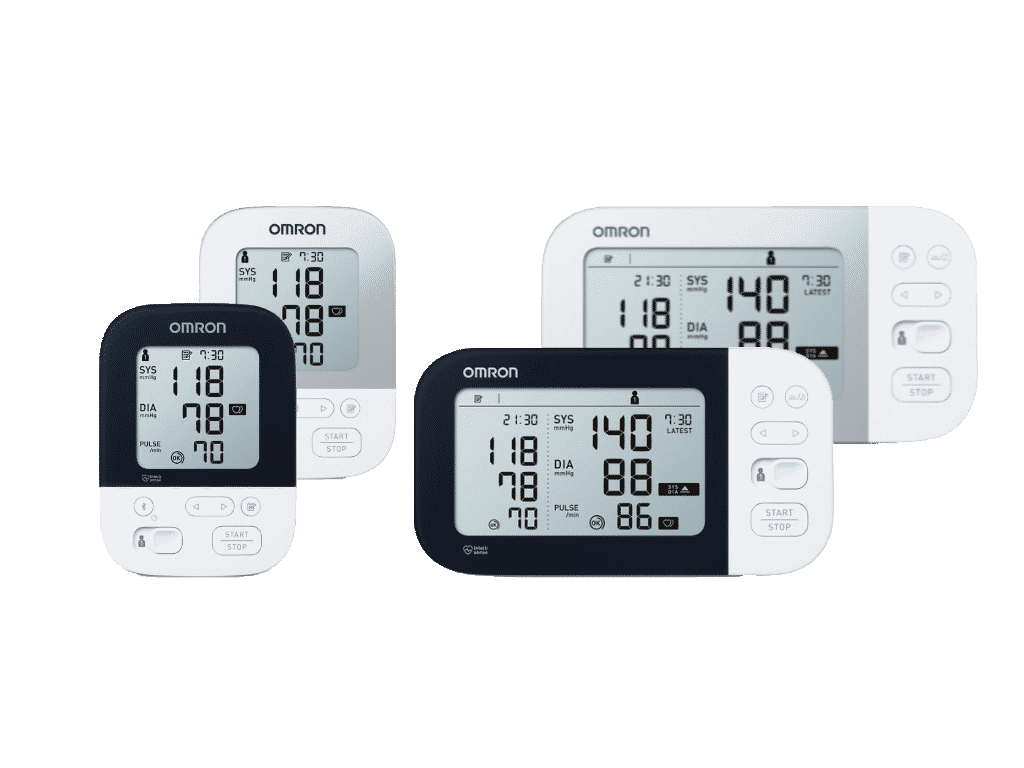Hypoglycemia, also known as a hypo, is when you have low blood sugar. Often as a result of diabetes mellitus. So it is the opposite of hyperglycemia where the patient's blood sugar level is too high. Many people suffer from a "hypo". But what are the effects and how do you learn to deal with them?
What is Hypoglycemia
The solution can always be found in food. Everything we eat contributes to the blood sugar level. The blood sugar level rises by eating and decreases with physical exercise. People with low blood sugar will therefore always need to have food with them when they exercise, and sometimes even when you cycle to work. A banana then does wonders. It is not without reason that tennis players eat a banana and drink sugar drinks during the match. This is to get the blood sugar level back to normal after a lot of physical work. A good blood sugar level fluctuates between 4,0 and 8,0 mmol / l. Two hormones regulate blood sugar, insulin and glucagon. With low blood sugar, your body simply doesn't produce enough insulin. That's why diabetes patients use an insulin shot to get their insulin to the right values.
Causes hypoglycemia
Some causes of hypoglycemia are: undereating, wrong food, obesity, medication, hormonal disorder and pregnancy. So in some cases it will pass, but in most cases you can do something about it. By adjusting your diet. It is often wise to call a dietician for a tailored diet. However, you can of course try to eat healthier yourself. Especially if you are overweight, it is important to kill two birds with one stone. After all, by eating well you will lose weight immediately.
Effects of hypoglycemia
There are three stages of hypoglycemia. At first you may feel dizzy, get a faster heartbeat, be nauseous, sweat and shake. In the middle phase you can get confused, have difficulty speaking and walking and have difficulty concentrating. In the final stage you may have a stroke, experience epileptic seizures and lose consciousness. It is therefore important to take action at the first symptoms.


